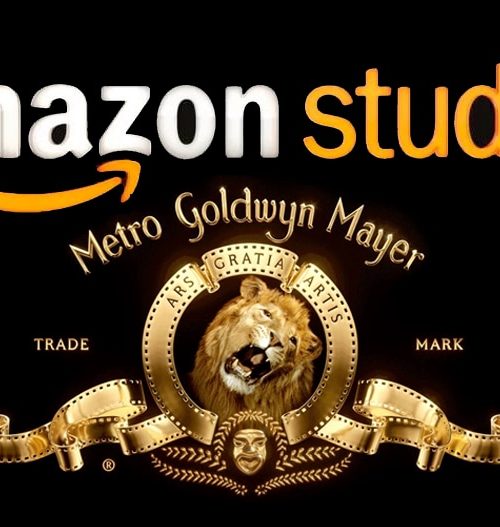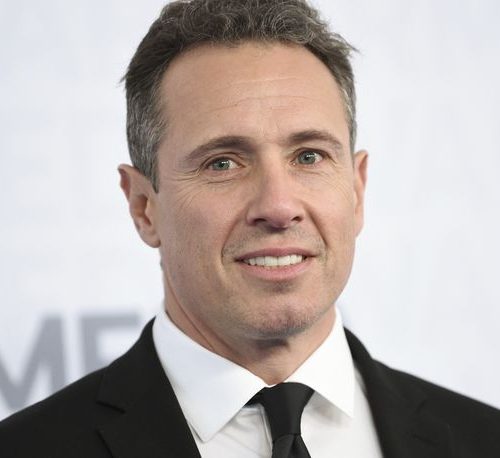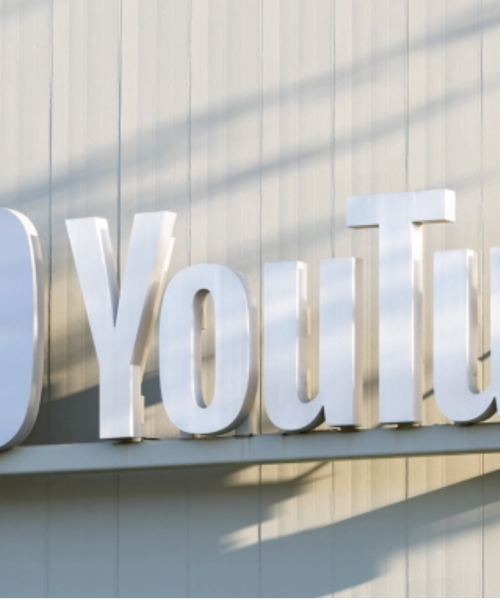BY KIRSTEN CHUBA | HollywoodReporter.Com
Troy Warren for CNT
The cannabis entrepreneur talks federal legalization and why “the people who were actually there before it was legal” should be the ones to profit from the growing industry.
On top of his cultural role on the Mount Rushmore of stoners, Snoop Dogg made headlines this spring when right-wing billionaire Charles Koch launched an effort to federally legalize marijuana after a Zoom call with the rapper. The Leafs by Snoop founder weighs in on the changing industry and who should benefit.
What do you think about so many stars getting into the industry?
It’s cool. For the government to actually allow us to make money off of it and not go to jail is some cool shit, but I just feel like they’ve got to really go back and release everybody that’s in jail [for] marijuana if you’re going to make it legal. Imagine if drug dealers — I call them street vendors — were able to position themselves [in today’s industry]. They would stand to gain a lot of money as well. It’s so hard for Black men, it’s hard for people with criminal records, to get licensed, to get dispensaries. They put so many different hurdles in front of us to where it becomes like an industry that’s not for us, but we do all the promoting of it, buying it and making it what it is.
What’s your take on making it legal federally?
That’s what it needs to be. You’ve got alcohol that’s federally regulated. There’s a lot of negative that comes with alcohol, whether it’s huge fights [or] car accidents. But when you think about cannabis, you don’t really get that — it’s more of a healer. If cannabis were treated like alcohol we’d be in a better world.
Why did you want to take an activist stance on the issue and get involved politically?
This is all I know. From the first time you heard me on a song, that’s all I’ve been pushing. So it’s not a political move; I just use my voice when necessary. It just sounds like it’s political, but it’s never political, it’s just the voice of the people. Sometimes they can’t speak, so it’s my job to speak for them.
What do you think the next few years look like for the industry?
Billions and billions and billions of dollars. I think that it’s going to actually trickle down into the right hands — and what I mean by right hands, I mean the people who deserve to get paid off of this, not the people just trying to get paid off of it. The people who were actually there before it was legal, when they were trying to find ways to create and build, they should be the ones that get the first opportunities, not the people with the most money. That’s the backward way of doing it, and I think in the future it’s gonna switch because it’s so accessible. Everybody’s going to be able to do what the rich people are doing, and then the rich people gonna have to get out of our lane and go back to doing their regular business and get the fuck out of our business.
What’s going to spur that change?
People are starting to understand what’s going on, just like in every other industry. Look at TikTok: All the Black creators don’t get paid, but the white ones get paid, and TikTok is now going to deal with the backlash of Black people saying, “We ain’t fucking with y’all.” Companies need to get their shit together, and the millionaires have to understand that when you jump into our world, you’ve got to compensate us. You can’t just steal our shit and think we’re gonna sit back and take that. We ain’t that generation. We feel like hip-hop and the culture in general, from jazz music to right now, has helped cannabis become most infamous for what it is. Willie Nelson, Cheech & Chong, Snoop Dogg, look at the cultures that are connected to these people that I just named and how they bring the whole world together and who they are. Their people should be the ones who should benefit from this, not the big billionaire companies that come in and buy up all the licenses and then make us slave for them for something that we created, just like the music industry and the movie industry.
The music industry was fucked up for many years until certain people came in and showed people that you can have your own label, you could own your own shit, you could run your own business. That created a different industry, which made the industry more of a Black-owned industry. Now these young men have labels and artists and million-dollar corporations based off of them owning their shit and being able to tell the major label, “No, this is what the deal is. You’re not telling me, I’m telling you.”


























-Benefit-From-Cannabis-Boom-800x500.png)








